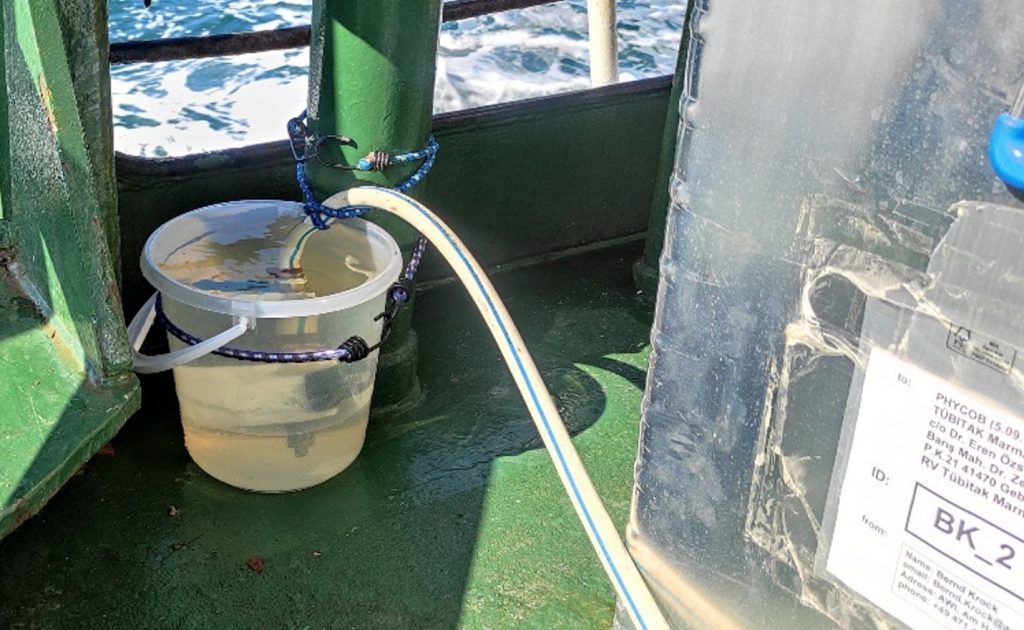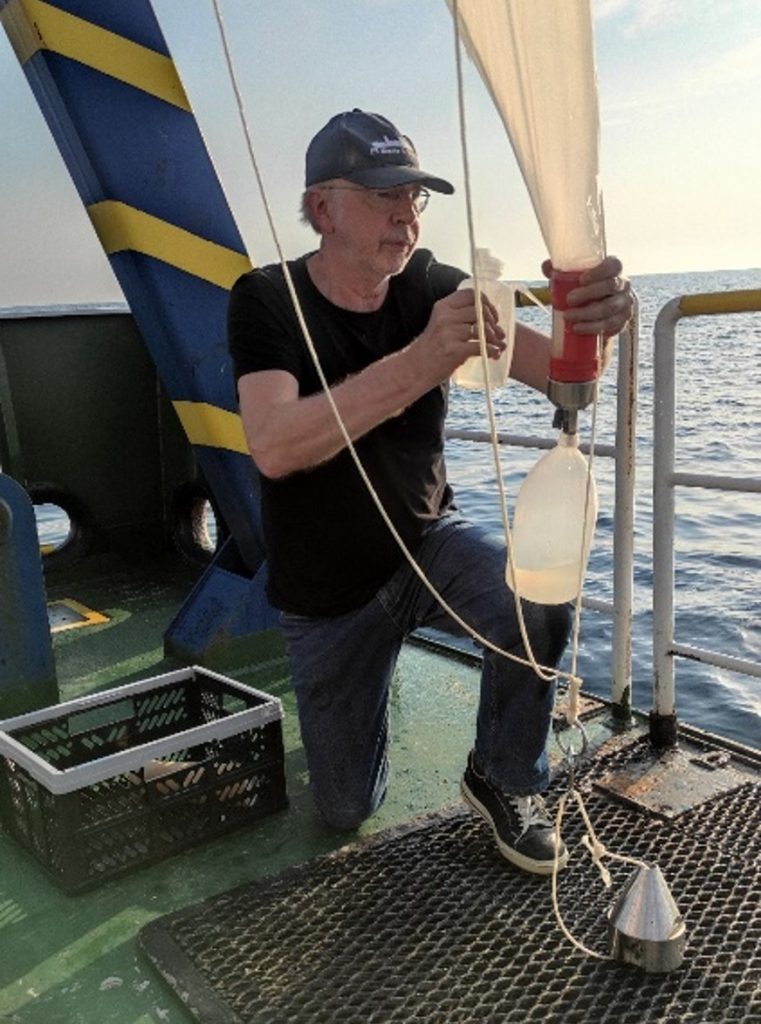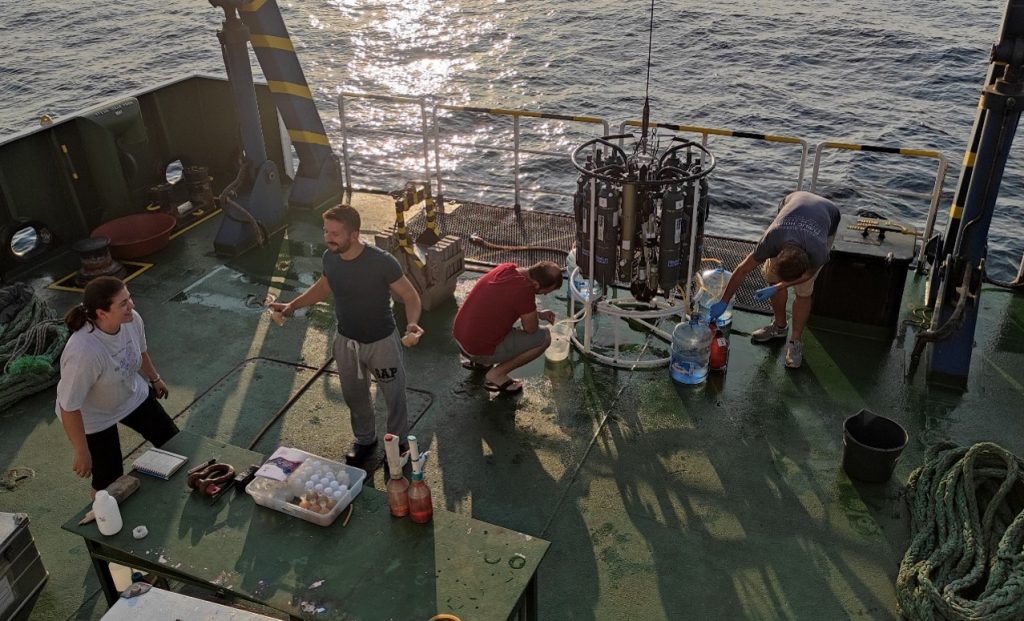Are there marine biotoxins present in the Black Sea? This question at first sight may seem to be of merely scientific interest, but in fact has become of increasing socio-economic relevance in the neighboring states not only of the Black Sea. The reason for this is that some microalgal species are capable of producing phycotoxins and in turn are grazed by marine benthic invertebrates such as mussels and oysters, for example. These phycotoxins ingested with their food accumulates in the tissues of the grazing shellfish. Historically this was not a problem of major concern, as seafood was not part of the traditional diets in the neighboring countries of the Black Sea. This has changed around the turn of the last century when seafood has become an increasingly fashionable food source in the Black Sea area and exploitation of natural mussel beds and establishment of bivalve aquaculture facilities have been implemented. In fact, in the recent years sporadic food intoxications after shellfish consumption that could not be associated with bacterial, viral or environmental contaminants were reported. Even though some potentially toxigenic microalgal species have been reported for the Black Sea, there are very scarse phycotoxin data for this region.
 |
 |
For this reason it was the aim of the PHYCOB (Assessment of phycotoxins and their producing species in the Black Sea) cruise coordinated by Dr. Bernd Krock to systematically assess the occurrence of phycotoxins together with their producers and accompanying environmental parameters in the Southwest Black Sea in order to evaluate the risk of food poisonings in the area and to supply local stakeholders with a list of phycotoxins that are relevant to their area, which allows for specific monitoring of locally occurring marine biotoxins for enhancement of food safety. This cruise was performed on-board the Turkish R/V Tübitak Marmara with international experts from Germany Bulgaria, Denmark, Romania, and Turkey operated by Turkish Tübitak Marmara Research Centre in the frame of the EU Project EuroFleets+ Regional.
 |
 |
